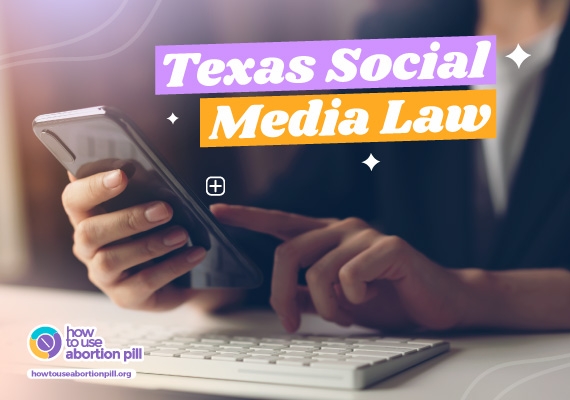Since the existence of social media platforms such as Facebook, Instagram, Telegram, just to name a few, company executives of these mediums have constantly denied removing content or blocking users based on their viewpoints. They however do have policies prohibiting explicitly graphic content, bullying, hate speech and dangerous misinformation from their various mediums.
Some users, especially those with a conservative standpoint, believe that social media platforms take down certain posts they make. Hence, they argue that social media executives stand in the way of their freedom of speech and the freedom they have as users to express their opinions, regardless of what those opinions are.
The Texas social media law passed during a special session last year September, limits companies’ ability to independently decide who gets to use their platforms and who doesn’t. The social media law, also known as House Bill 20, prevents platforms with more than 50 million monthly users like Facebook, Twitter and YouTube from removing a user’s posts based on their political viewpoints. It also requires them to publicly report information about content removal and account suspensions. The law is part of a broader movement against a perceived anti-conservative bias from major tech companies. That charge grew when Twitter permanently banned former President Donald Trump for inciting violence and purged over 70,000 accounts linked to dangerous conspiracy groups like QAnon after the deadly Jan. 6, 2021, insurrection at the U.S. Capitol. Florida last year passed a similar social media law, which was blocked from taking effect.
The ruling is – at least in the short term – a victory for Republicans, including Texas governor, Gov. Greg Abbott, who believes that social media companies are biased against conservative users. Abbott signed the bill last year to combat what he called “a dangerous movement” to “silence conservative ideas and religious beliefs.”
For an organisation such as ours, the law comes with its positives and negatives. Positively, just as the conservatives may argue, posts made by organisations on our side are also taken down, our accounts are suspended and many times without any given reason our prior notice. Posts made by an organization like ours that teaches safe abortion methods, would be kept online to help the many women around the world who need it. We get to have the freedom to keep our content and help as many women as we can reach.
The negative however, is that people who have a different opinion than we do, specifically conservative and anti-choice groups, can also have their opinions on organisations like ours on social media. Posts involving the shaming of women for making decisions concerning their bodies would be left on the internet and cannot be taken down although it might have to some extent psychological effects on these women. Effects that can even make some go as far as physically harming themselves.
